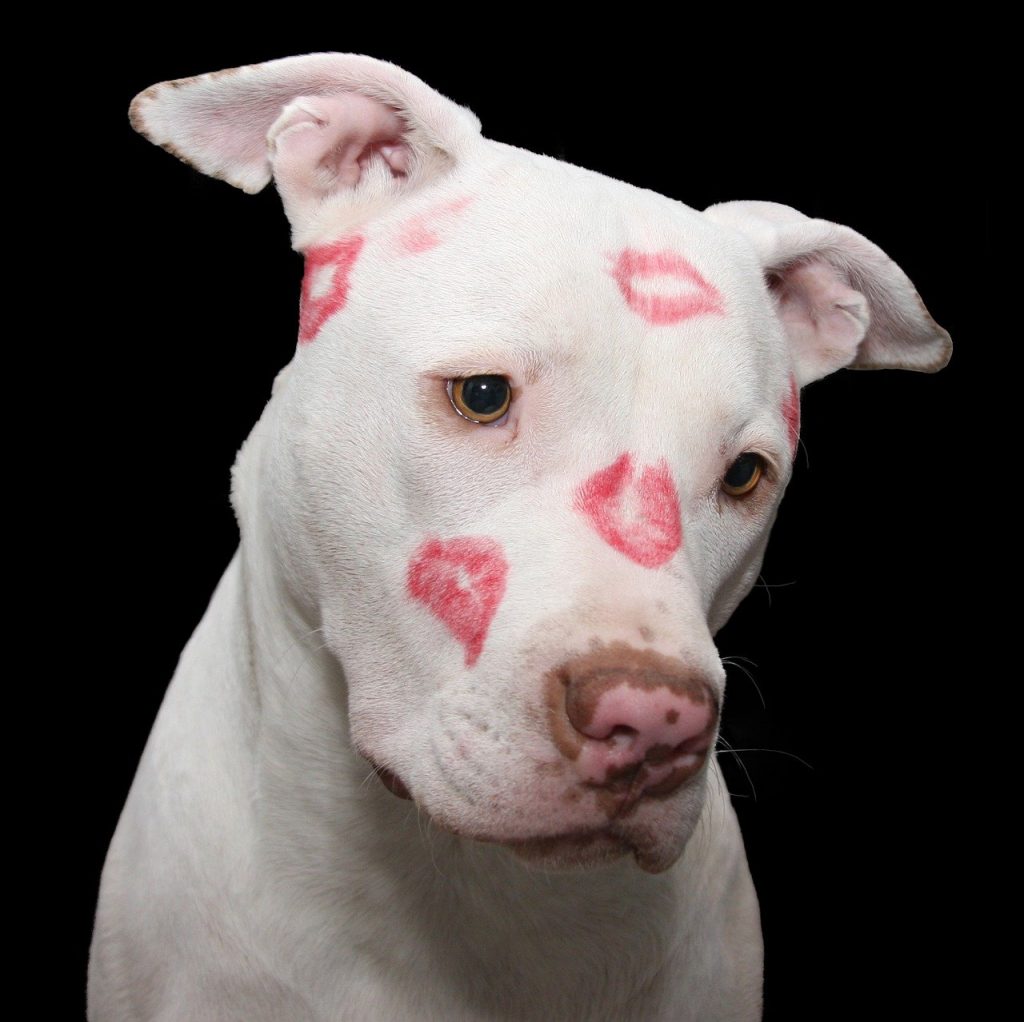Table of Contents
Understanding dog behaviour for new pet owners is very difficult. Your dogs actions tell you a lot about his mood.
Have you ever observed your dog licking some surfaces or circling the same spot? There could be many reasons a specific dog state of mind or health concern may cause him to do these things.
Once you start observing your dogs behaviour, you’ll be able to help him. Can solve many big upcoming problems at early stage.
What is a pack animal?
A pack is a group of animals that live together for survival. A pack leader is someone who has the capacity to maintain the balance in the ranks and keep the harmony intact.
Because dogs were domesticated from wolves, the twentieth-century dog still exhibits many pack behaviours similar to the wolf.
They also have the ability to solve an issue if there is any.
Understanding Dog Behaviour:
Playful Dog Biting
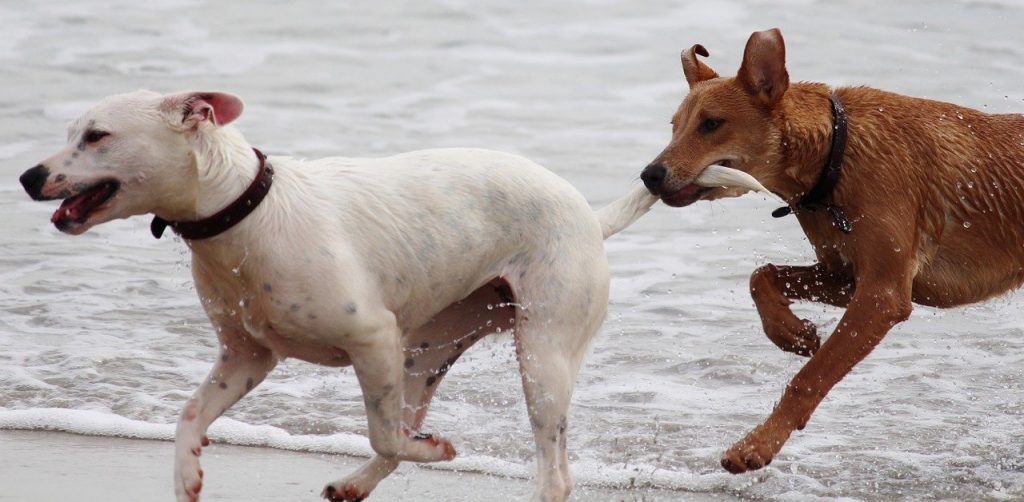
Play biting is a sign of affection; it’s gentle, it looks happy, and it might even be laying down.
An aggressive dog, however, will growl, bark, or snarl, his body will be tense, and he’ll show his teeth. Aggressive bites are often faster than a play bite, and the big difference is you’ll feel it
Even in the teething stage you have to teach them that it is not okay for them to bite you. Stop the dog in the beginning itself.
Street dogs must be vaccinated of you are playing with them.
Bad Breath
Dogs aren’t known for having wonderfully minty breath, but if you notice a marked change with even a little halitosis, it might be time to take a trip to the veterinarian. There could be something wrong with your dog’s oral health.
It’s perfectly normal for your dog to have some smell on their breath from eating, playing with toys and just generally living their lives, this smell can sometimes grow into a stink that repels all.
A change in the smell of your dog’s breath may also be a cause for concern with respect to his gastrointestinal tract, liver, or kidneys.
If your dog’s breath smells of urine, for instance, he could have a kidney problem. Sweet-smelling breath is a sign to vets that your dog may have diabetes (especially if he’s drinking more water and urinating more often).
His overall dog mood may appear happy, but if his breath has changed, pay attention – let your veterinarian know.
Panting
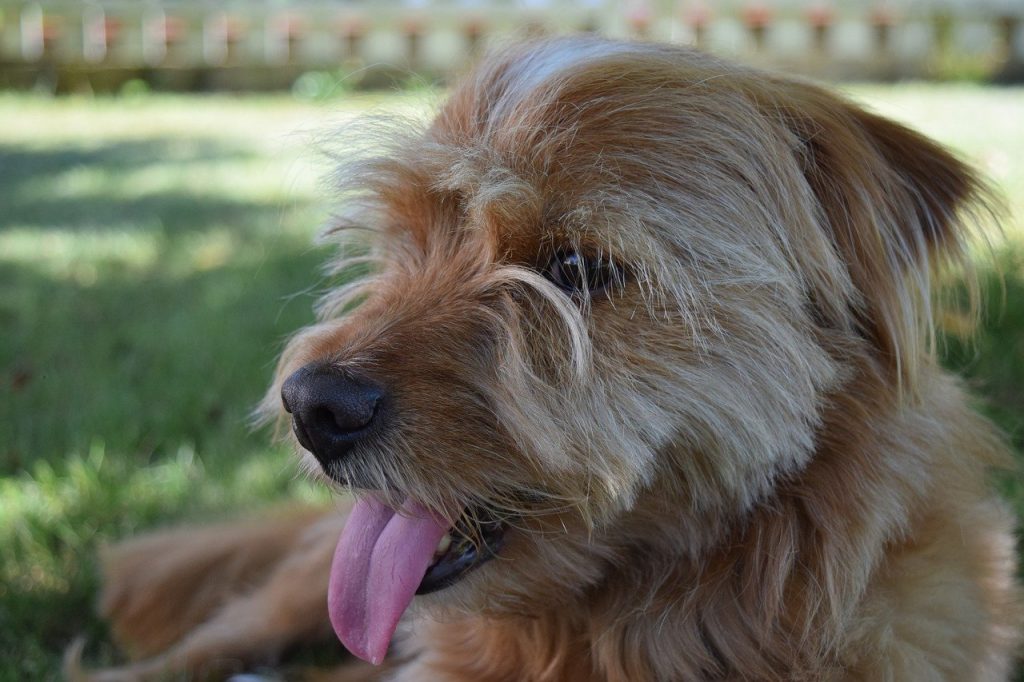
Dogs expel most of their body heat from their mouths. When your dog pants, he’s probably too warm, so he is regulating his body temperature. However, it’s important to pay attention to panting, as he may do it when in pain as well.
Help your pal regulate his temperature and make sure he’s well hydrated before any physical activity–especially as the weather warms up. If your dog was injured, get him to the vet immediately.
Some other health problems may also show increased panting as a sign, so if you have a question, don’t hesitate to contact your vet.
Urinating
If your dog is house trained, it may come as a surprise if you see him urinating in your home. Dog behaviour doesn’t usually change without reason.
Reasons for dogs to start urinating more frequently include urinary tract infections, diabetes, kidney or liver disease, or incontinence. It would be best to have your dog seen by a veterinarian as soon as possible, and they may want to run some lab work to see what is going on.
Formerly reliable dogs who suddenly begin urinating inside need your attention! This is a sign that something may be very wrong with your furry friend.
Yawning
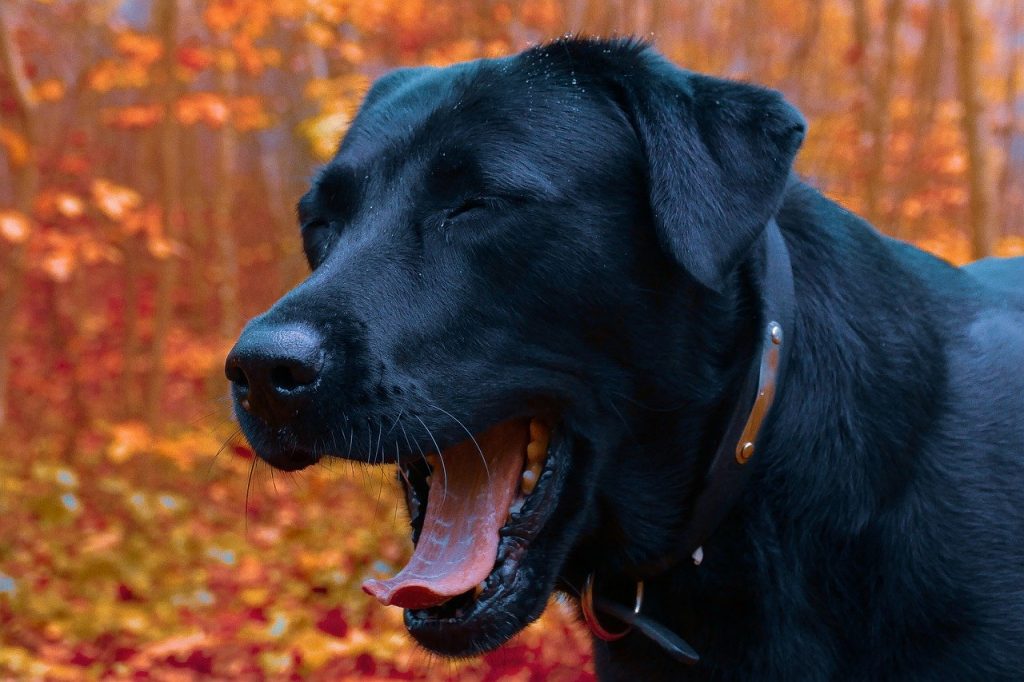
When it comes to dogs, not all yawns are the same. Aside from that, the reasons for yawning are not fully understood in dogs.
He may be interested in napping, but he could also be showing a sign of fear or stress. A dog yawn doesn’t usually mean he’s tired.
If your dog appears to yawn at an increased rate around a new person, don’t rush the introduction. He’s either picking up vibes he doesn’t feel comfortable with, or is fearful for a less-obvious reason.
How much cuddling and kissing is okay?
Kissing and cuddling are very important displays of affection among people, but clearly they are not in a dog’s behavioural repertoire.
When dogs are confused or uncertain in social situations, they display displacement behaviours.
You have to accept the dog’s choice as well. If the dog is not comfortable and happy when you are cuddling, it is best to avoid it.
Why do dogs do Circling?
Dogs who can’t stop walking in circles may have a health issue. Yes, sometimes it’s fun to chase your tail, but if your pup can’t shake the compulsion, there’s a problem beneath the surface.
Ear infections may cause circling, but compulsive tail chasing may occur with bull terriers
Of course there may be other reasons your buddy is circling. Older dogs may suffer from idiopathic vestibular syndrome, and, not to alarm you, but all dogs are at risk for poisoning or a brain tumor.
Only your vet can determine the cause of your dog’s circling, so get him in for a checkup and understanding dog behaviour is important.
Why Most Dogs Do Digging?
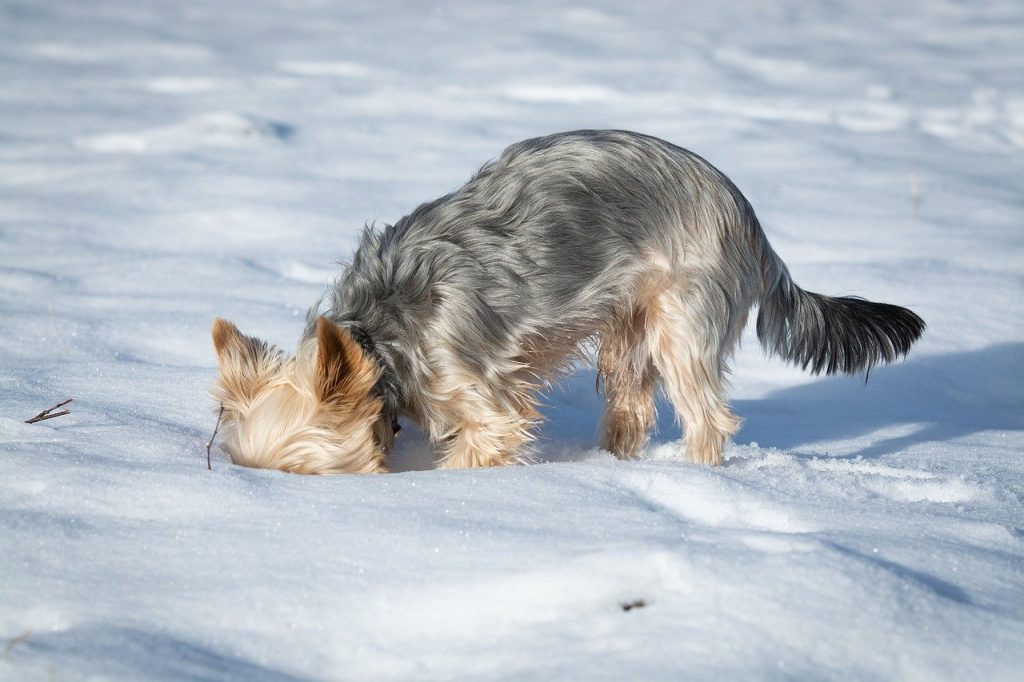
Digging is an instinctual behaviour for many dogs that dates back to the days of their wild ancestors.
Dogs dig in the ground for many reasons: to escape, to track animals, to make a cool spot to lie, or to hide something important to them.
However, some dogs “dig” inside home as well. Have you ever noticed your dog scratching at the blankets or couch in order to find the perfect place to lie down?
If your dog’s digging starts to bother you, or damage your furniture, try understanding dog behaviour first and consider working with a professional trainer to reduce this stubborn habit.
Why Dogs Pressing It’s Head Against Wall?
Have you ever seen pictures like these on the Internet with funny “Sad” or “Time Out” captions?
On first glance, these images are cute. But, there’s a need for your immediate attention.
Head pressing is a common sign of numerous serious problems, can be a sign of damage to the nervous system such as specifically the forebrain and thalamus (called prosencephalon disease), or toxic poisoning.
Make an appointment with your vet on priority.
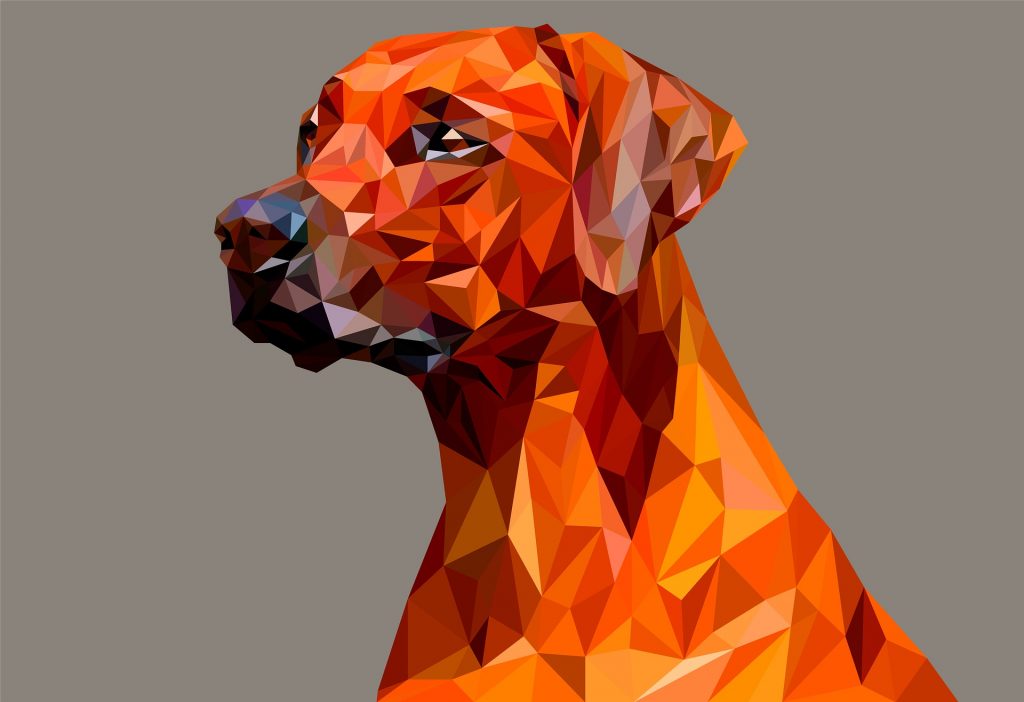
We at TommySingh.com insist people to adopt Indian dogs so they can have a safe and secure home for them. They are loyal and very protective towards the pet parents, same as the western breed.
